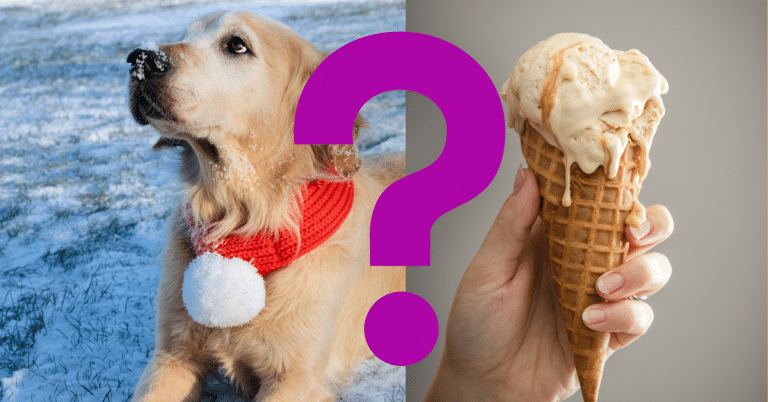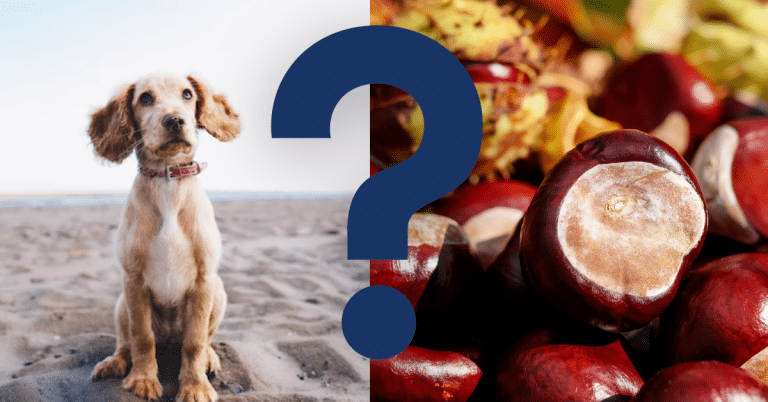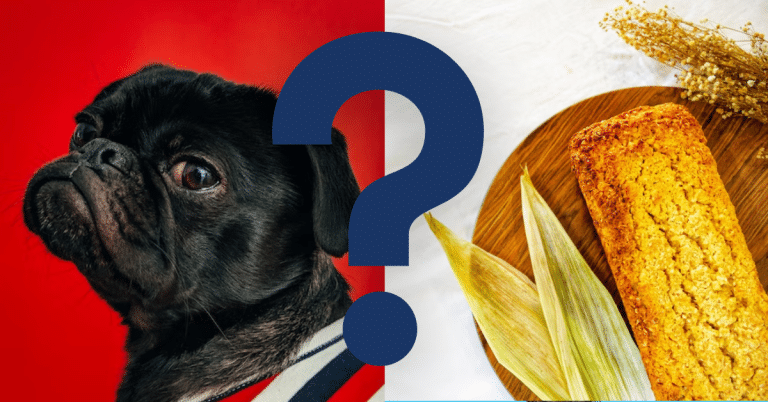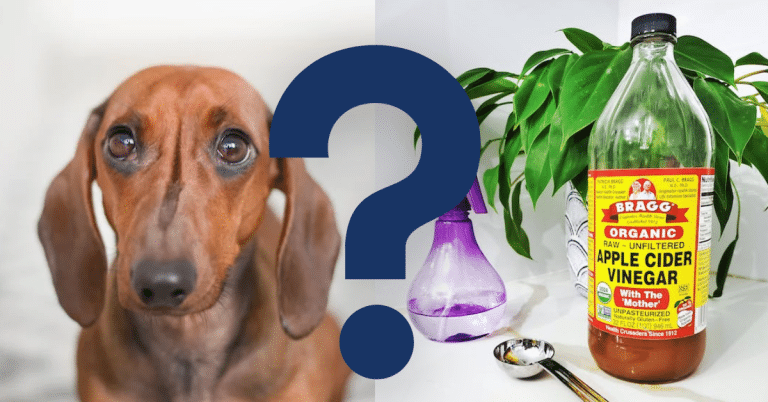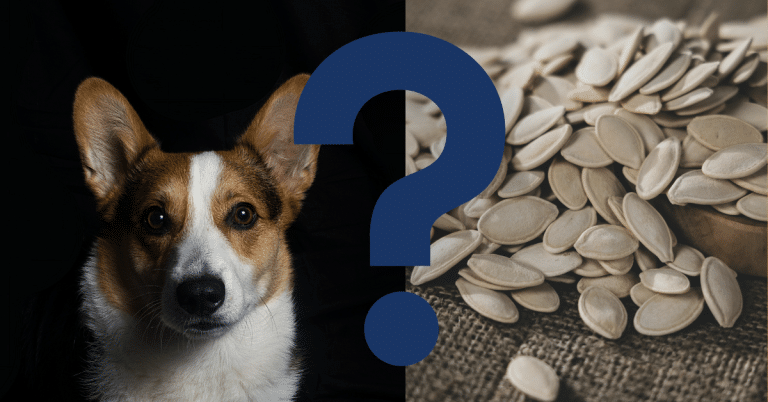Can Dogs Eat Antlers? A Vet’s opinion

Antlers are a great source of calcium and phosphorus but can dogs eat antlers?
Dogs, especially those who enjoy chewing, might find amusement and cerebral stimulation in antlers. They are tough and long-lasting, making them pleasurable for dogs to chew on. Antlers don’t splinter like certain other sorts of bones or chews and are abundant in nutrients like calcium and phosphorus. Consequently, they are a safer alternative for dogs to chew on than cooked bones, which can break up and provide a choking hazard.
Let’s dive in:
Benefits of antlers for dogs
As a chew toy or reward, antlers may benefit dogs in several ways:
- Antlers are a long-lasting chewing choice for dogs who enjoy chewing since they are incredibly hard and sturdy. They don’t split or splinter readily, lowering the possibility of choking or swallowing potentially harmful pieces.
- Natural And Nutritious: Minerals like calcium and phosphorus are naturally found in antlers, which can benefit your dog’s general health. Antler chewing can assist in removing plaque from teeth, improving dental hygiene.
- Chewing on antlers can give dogs mental stimulation and help them to pass the time when they’re bored. It stimulates their inborn chewing urges and keeps their thoughts engaged.
- Non-Messy: Unlike some other chew choices, such as rawhide or softer snacks, antlers don’t make as much mess. They leave no residue on furniture or rugs.
- Antlers are single-ingredient chew that is suitable for dogs with allergies or sensitivity to certain foods. In general, they don’t include common allergies, preservatives, or additions.
- Antlers are available in a variety of sizes and forms to accommodate different dog types and sizes. With so many options, you can choose an antler that works for your dog.
- Reduces Destructive Behavior: Chewing on antlers helps divert a dog’s propensity for destructive chewing away from clothing, shoes, and furniture.
- Antlers are a safer alternative to bones since conventional bones may break and injure a dog’s teeth or digestive tract.
- Antlers often have a milder smell than some other natural chews, making them more palatable for usage inside.
- Environmental Considerations: Because antlers are naturally shed by animals and may be obtained without damage, they are a renewable resource. Compared to other varieties of chews, they are thus an environmentally responsible choice.
While many dogs might benefit from chewing on antlers, it’s vital to remember that each dog has unique tastes and needs. When your dog is chewing on a chew toy, especially antlers, always keep an eye on them. Consult your veterinarian before adding antlers or any other chew to your dog’s routine if they have any tooth problems or other health difficulties.

How to safely give antlers to dogs?
Follow these instructions to offer antlers to dogs securely so they may benefit from the advantages of this natural chew while staying healthy:
- Pick The Right Size: Consider the size of your dog while choosing an antler. It should be big enough for your dog to chew on, but not so big that they can’t readily swallow it or choke on it.
- Check For Quality: Only give your dog authentic, high-quality antlers that have come from trusted vendors. Avoid using antlers that seem to be broken, fractured, or fragile since they might be dangerous.
- When your dog is chewing on an antler, always keep an eye on them. This makes sure they are using it safely and aren’t chewing too forcefully, which may damage their teeth or result in other problems.
- Gradually introduce antlers if your dog has never encountered them before. To avoid overexertion and to study their response, let your dog get used to chewing on the antler in brief bouts.
- Replace Worn Antlers: Continually assess the antler’s health. To avoid any potential risks from tiny shards or splintering, replace it with a new one if it starts to seem severely worn out.
- Observe Dental Health: By decreasing plaque development, chewing on antlers can promote dental health. However, before adding antlers, speak to your doctor if your dog has any dental problems already.
- Although antlers are a natural substance, some dogs may experience allergies or sensitivity to them. Keep an eye out for any allergy symptoms and stop using the product if required.
- Watch Chewing Time: Don’t let your dog gnaw on the antler for too long. Long-term chewing may cause discomfort or irritability.
- Don’t limit your dog to chewing on antlers; instead, give him a variety of chew toys. They may be kept entertained and kept from becoming obsessed with one thing by offering a variety of toys and chews.
- Consult Your Veterinarian: Your veterinarian can provide you with tailored advice if you have any questions about whether you should give antlers to your dog, particularly if your dog suffers from any medical ailments.
- Dispose Of Small Fragments: To avoid inadvertent ingestion, make sure to dispose of any small antler fragments that your dog may have managed to break off.
- Select Natural, Unprocessed Antlers: Stay away from antlers that have undergone chemical or addictive treatment as they may be hazardous to your dog.
Keep in mind that each dog is unique, so what suits one dog may not be appropriate for another. When adding antlers or any other chewing toys into your dog’s routine, pay attention to their behavior, preferences, and general health.
Will antlers make a dog sick?
Antlers are generally regarded as safe for dogs to chew on. They are a safe, durable, and natural alternative that many dogs prefer without any side effects. However, in the following circumstances, antlers may potentially make a dog ill:
- Some dogs may have allergies or sensitivities to the proteins or other substances found in antlers. Consult your veterinarian and stop using the product if your dog displays symptoms of an allergic response (itching, redness, swelling, or digestive problems).
- Ingestion Of Small Pieces: An antler may break into smaller pieces that might be consumed if a dog chews it vigorously or if it becomes severely worn down. Small fragments might potentially result in digestive problems or obstructions if consumed. This is why it’s crucial to keep an eye on your dog as they chew and to replace any antlers that have become worn down.
- Antlers can be entertaining and mentally stimulating, but prolonged chewing can occasionally cause irritation or pain in a dog’s mouth. Keep an eye on your dog’s chewing habits and give him pauses to avoid overworking him.
- Broken Teeth: Despite the durability of antlers, it is still possible for a dog to chip or fracture a tooth when chewing. Consult your veterinarian if you experience any symptoms of dental pain or a fractured tooth.
- Specific Health Concerns: Chewing on antlers may cause problems for dogs that have specific health concerns, such as digestive sensitivities or dental problems. Before introducing antlers, check with your veterinarian whether your dog has any underlying health issues.
Follow the instructions for providing antlers to dogs safely, keep an eye on your dog as they chew, and be aware of any changes in behavior or health to reduce the chance of any problems. It’s always a good idea to speak with your veterinarian before adding new chews or treats into your dog’s diet if you have any concerns about how your dog will react to antlers or if your dog has a history of health problems.

A Vet’s Summary
Veterinarians’ views on providing antlers to dogs might differ depending on the circumstances, the dog’s health, and chewing tendencies. Here are some typical viewpoints provided by veterinarians:
- Positive Opinion: Compared to certain other forms of bones or chews, many vets believe that antlers are a safer and more natural chewing choice. They value the fact that antlers don’t split and that they can enhance dogs’ dental health and mental stimulation. Antlers are a durable chewing option that veterinarians may suggest for dogs with strong chewing habits.
- Avoid offering antlers to dogs, especially those who have specific dental conditions or allergies, according to several vets. If there are worries about tooth fractures or other oral health issues, they may advise closely monitoring the dog’s chewing behavior and suggesting alternate chews.
- Individual Evaluation: Veterinarians frequently stress that each dog is different and that what is effective for one dog may not be appropriate for another. They could advise considering things like the dog’s size, age, dental condition, and any previous allergies or digestive sensitivities.
- Veterinary professionals almost always emphasize the value of keeping an eye on dogs as they chew on objects like antlers or other chew toys. This is done to make sure the dog doesn’t chew too forcefully, consume little bits, or have any other problems.
- Consultation: A veterinarian may advise contacting them before introducing antlers if a dog has any current medical disorders or concerns. This is especially true for dogs that have digestive, dental, or allergic conditions.
- Veterinarians frequently advise moderation when it comes to all treats and chews. Antlers shouldn’t be used in place of a healthy meal and shouldn’t make up most of your dog’s enrichment and chewing activities.
The proper strain and formulation must be chosen when contemplating probiotics for your dog. Proper digestion and nutrition absorption depends on a healthy balance of gut flora, which probiotics can help maintain. They can help relieve digestive problems such as constipation, diarrhea, and irritable bowel syndrome.
In the end, it’s a good idea to speak with your doctor before giving your dog any new chew, even antlers, especially if you have any worries about their health or behavior. Based on the requirements and conditions of your dog, your veterinarian can offer tailored recommendations.
Videos to watch
If you are wondering whether dogs can eat antlers, watch this:
If you are wondering whether antlers are beneficial for dogs, watch this:

